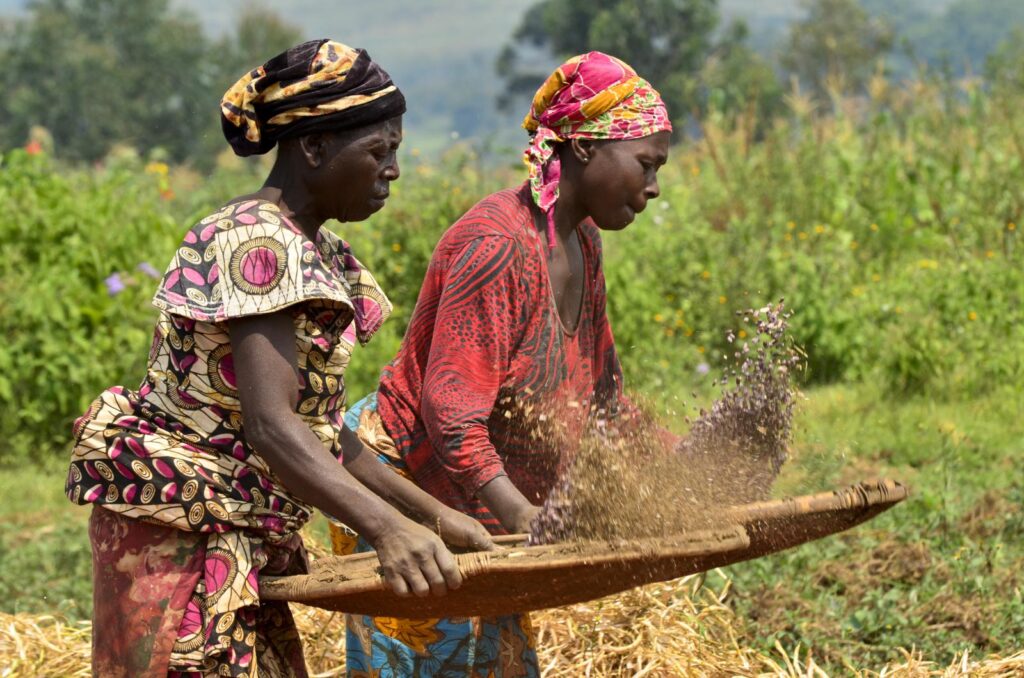A surprising new breakthrough by CGIAR scientists raises the profile of beans not only as a nutrition-smart crop, but one that is also climate smart. The scientists found 30 new types of beans that are tolerant to heat and could ensure sustained production in bean-dependent Africa and Latin America.
“Incredibly, the heat-tolerant beans we tested may be able to handle a worst-case scenario where the build-up of greenhouse gases causes the world to heat up by an average of 4 degrees Celsius (about 7.2 degrees Fahrenheit),” said Steve Beebe, a senior bean researcher at the CGIAR, a global agricultural research partnership.
This is good news for countries like the Democratic Republic of Congo (DRC) and Uganda, whose bean production is considered vulnerable to the disruptive effect of rising temperatures. Both these countries, along with Rwanda, have introduced varieties of beans that combine drought and heat tolerance with high-iron content to tackle hidden hunger. The new discovery provides hope for further improving the climate smart quality of these nutritious varieties.
“A couple of years ago, when climate change experts warned that rising temperatures could be devastating for bean production, we were asked how this would affect high-iron beans,” said Beebe. “Now, I am confident that we can confront this challenge as well. We can develop more iron-rich beans that are also heat tolerant. These beans would deliver even greater benefits than expected because they could be grown more widely.”
Iron beans have been introduced to provide more dietary iron in countries where iron deficiency is prevalent, and where bean consumption is also high. Lack of iron in the diet increases susceptibility to anemia, especially among preschool children and pregnant women, and compromises children’s growth and cognitive development. Combining high-nutrient value with “heat-beating” quality, iron beans allow farmers to simultaneously improve nutrition and expand production even in the face of climate change.
About a million farming households are growing these climate-smart iron beans in DRC, Rwanda and Uganda under the HarvestPlus program. HarvestPlus leads a global effort to improve nutrition and public health by developing and deploying staple food crops that are rich in vitamins and minerals. It is part of Agriculture for Nutrition and Health (A4NH), a research program of CGIAR.
Watch this short video to see what farmers in Rwanda are saying about high-iron beans.
